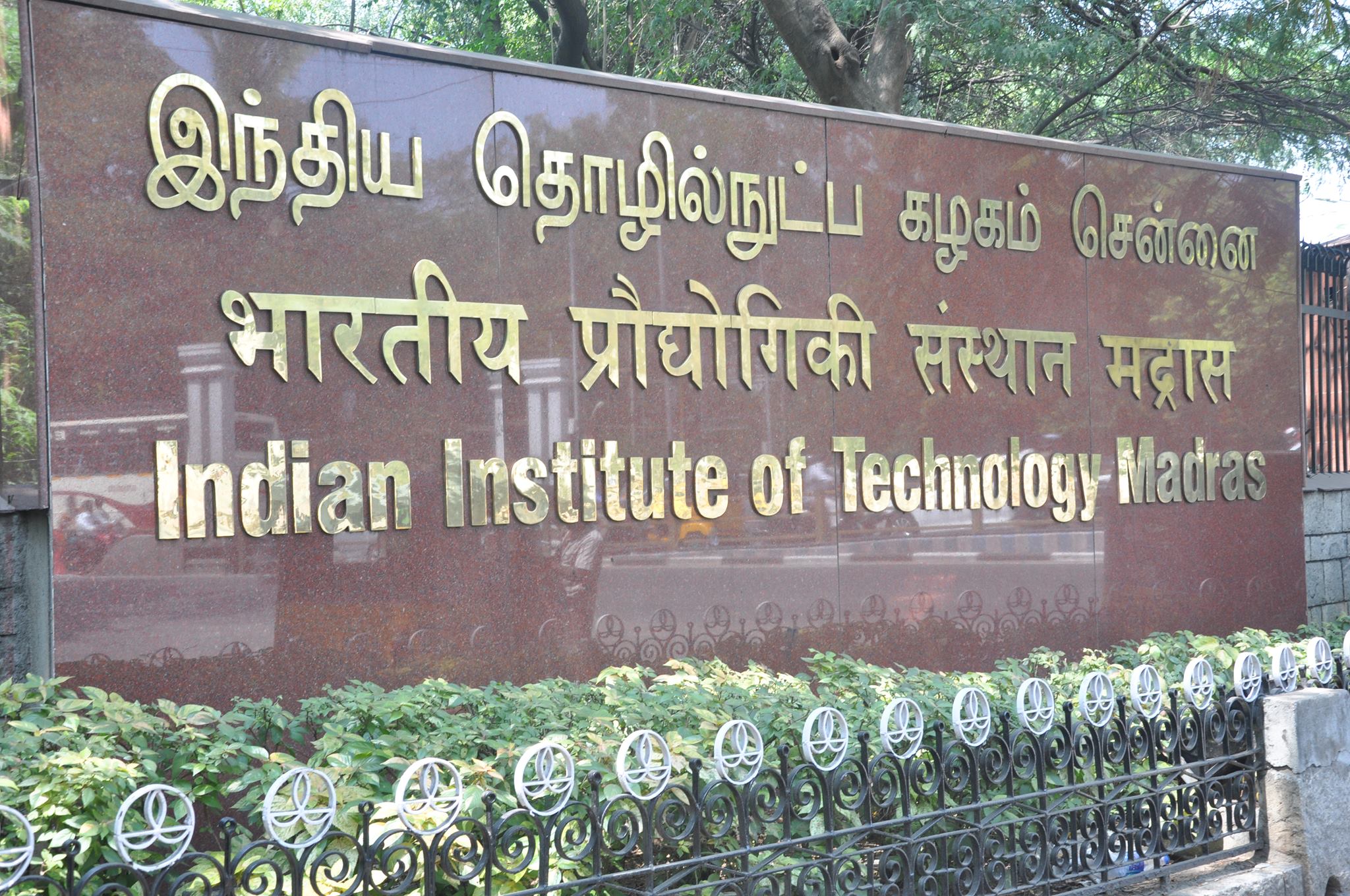Chennai, NFAPost: Indian Institute of Technology Madras is coordinating a national effort to create crash courses for rural learners which will be telecast on educational television channels.
Around 300 hours of video lectures have already been created under this initiative. The first broadcast was held on August 28, 2020. This new content will broadcast on NPTEL Channel 11-18 until August 31, 2020 and rescheduled on Channels 11-16 from September 1, 2020.
The core objective is to help rural students who could not attend classes due to the COVID-19 Lockdown. The focus is to create crash courses with an emphasis on problem-solving approaches. The lectures were recorded by faculty from various central universities from their homes. The Schedule of lectures are available and will be updated on the DTH SWAYAM Prabha website: https://www.swayamprabha.gov.in/
The project was initiated by Dr BS Balaji, Associate Professor, School of Biotechnology, Jawaharlal Nehru University, and supported by Prof. K Mangala Sunder, Head, Department of Chemistry, IIT Madras, and Chief Coordinator, DTH SWAYAM Prabha, Ministry of Education, Government of India, N Parameswaran, Advisor, SWAYAM, and a pool of academic faculty members from various central universities.
IIT Madras Head, Department of Chemistry, and DTH SWAYAM Prabha Chief Coordinator Prof K Mangala Sunder said, “All the faculty members understood the pressing need and had willingly came forward to contribute to the important aspect of nation building through creating new learning materials for the students who were affected by lockdown.”
Sunder added, “Educational contents broadcast on national channels, mainly the DTH SWAYAM Prabha channels, is a visionary approach developed by the Ministry of Education, Government of India, and will provide a useful tool to educate the rural students at this crucial juncture.”
Through their innovative teaching methodologies and incorporating standardised protocols, faculty members from various central universities created hours of high-quality lectures by placing emphasis on conceptual understanding, problem solving approaches and case studies besides worked out examples.
The regular 40-50-hour lectures of entire course were condensed to 10-15 hours for fast assimilation by students during the lockdown. They were created to meet or exceed the very high academic standards set by the University Grants Commission (UGC)and other academic bodies and the technical requirements for High Definition (HD) broadcast.
All these lectures were created by the faculty members while maintaining social distancing at their home and utilising facilities such as a laptop or a personal computer, a built-in camera and an internet/ broadband connection available at their home.
NPTEL and MOOCs open online courses, which are available on SWAYAM platform, and can be accessed on mobile phones or computer/laptops. They can cater to the learning needs of urban students. However, the major challenge faced by rural students includes limited access to the internet and poor or limited availability of mobile network connectivity.
SWAYAM PRABHA is a group of 32 DTH channels devoted to telecasting of high-quality educational programmes on a 24X7 basis using the GSAT-15 satellite. The content would be repeated several times during the day, allowing the students to choose the time of their convenience. The contents are provided by NPTEL, IITs, UGC, CEC, IGNOU, NCERT and NIOS. The INFLIBNET Centre maintains the web portal.





